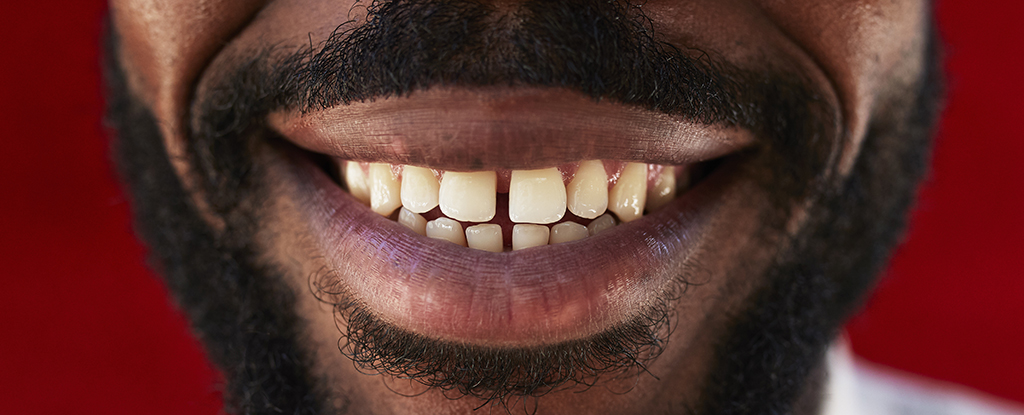Teeth don't grow back once we become adults: any wear and tear is permanent – as those of us with fillings will know – which is why it's important to keep them as clean and healthy as we can.
However, this is something scientists are now looking to change.
It's been announced that clinical trials for a potential tooth regrowth treatment are set to begin in July 2024, building on decades of research in the field. If those trials are successful, therapeutic drugs could be available by 2030.
A team from the Medical Research Institute at Kitano Hospital in Japan is in charge of the trial, which is targeting people with anodontia, a rare genetic condition that prevents baby teeth and adult teeth from growing in the normal way.
The treatment would initially target young children with the condition, but further down the line, the researchers think it could also be used more broadly – with people who have more common dental problems, such as gum disease, for example.
"The idea of growing new teeth is every dentist's dream," Katsu Takahashi, head of the dentistry and oral surgery department at Kitano Hospital, told The Mainichi. "I've been working on this since I was a graduate student. I was confident I'd be able to make it happen."
Here's how it works: having found a link between a specific gene called USAG-1 and limits on tooth growth in mice, the researchers then moved on to tests that tried to block the expression of USAG-1.
An antibody was discovered that could safely block some of the activity of USAG-1 in mice and ferrets without leading to any serious side effects, leading to induced tooth growth.
The next step is to see if the same chemical reactions can be controlled in humans.
We're talking about potential rather than reality at the moment, but it might be possible to use the new drug to prompt the growth of a third generation of teeth in the mouth, after baby teeth and full-sized adult teeth.
As the researchers point out in a recent scientific review, the benefit of the approach is that teeth growth is being triggered in a natural way, through a process known as bone morphogenetic protein (BMP) signaling.
Our bodies are naturally doing the work, without any complicated engineering of stem cells required.
The team also suggests that advancements in scanning technology (such as mass spectrometry, for example) will make it easier to spot biomarkers indicating the people who will benefit most from the treatment.
"Anti-USAG-1 antibody treatment in mice is effective for tooth regeneration and can be a breakthrough in treating tooth anomalies in humans," write the researchers.
A paper on the research was published in Nature in July 2021.
- Karlston
-

 1
1



Recommended Comments
There are no comments to display.
Join the conversation
You can post now and register later. If you have an account, sign in now to post with your account.
Note: Your post will require moderator approval before it will be visible.